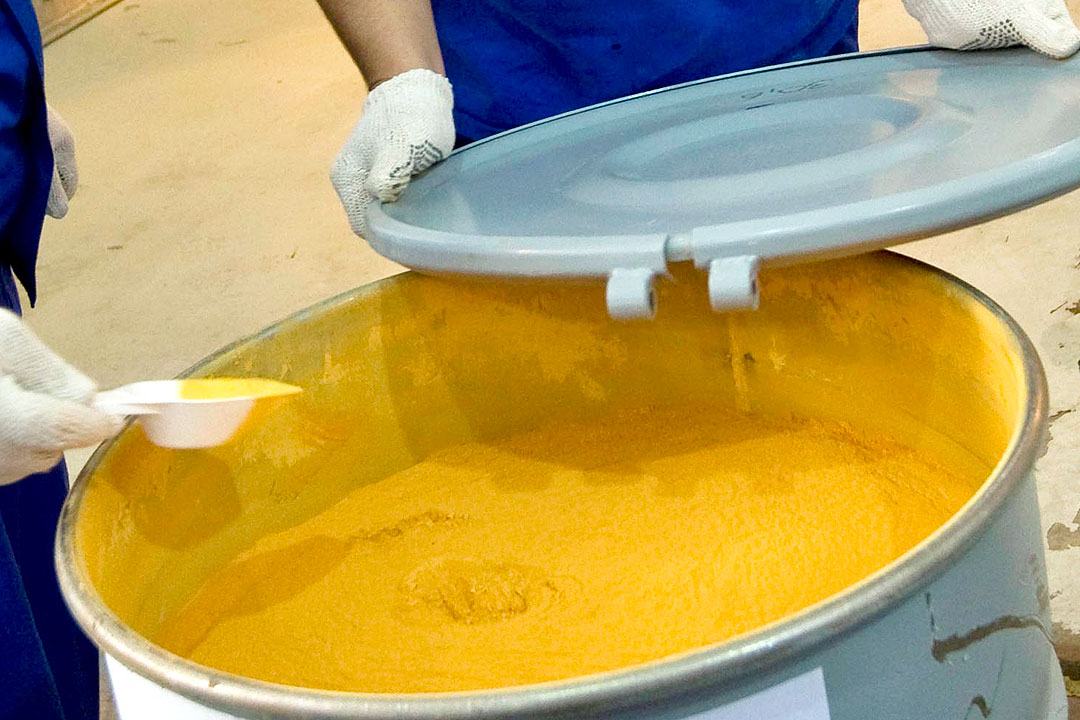THE PHILIPPINES ranked 49th out of 200 countries in regulating the trade in strategic commodities, according to the 2021-2022 Peddling Peril Index (PPI) conducted by the Institute for Science and International Security, a non-profit.
In a statement Sunday, the Department of Trade Industry (DTI) said the result of the Philippines for 2021 indicates an improvement from the 86th place it achieved the prior year.
The Philippines scored 755 points in 2021, an compared to a tally of 482 in 2020.
“PPI rates 200 nations based on their strategic trade control adoption and implementation, with the goal of assisting countries in strengthening their systems by examining the degree of their implementation and enforcement, as well as tracking their progress over time,” Trade Secretary Ramon M. Lopez said.
According to the DTI, the PPI consists of five major criteria and 105 sub-criteria such as international commitment to preventing strategic commodity trafficking; legislation to regulate and oversee the strategic commodity trade; the capacity to monitor and detect trade in strategic items; the ability to prevent proliferation financing; and effectiveness of enforcement against trafficking in strategic commodities.
For the five major criteria, the DTI said the Philippines was rated 87% in legislation, 71% in adequacy of enforcement, 65% in the ability to monitor and detect trade in strategic items, 58% in international commitment, and 28% in the ability to prevent proliferation financing.
“The Philippines’ strong improvement in the PPI ranking is likely to boost the country’s image as a secure investment location for the manufacture and export of strategic goods,” Trade Undersecretary Ceferino S. Rodolfo said.
The DTI said strategic goods are items that have civilian and military uses, and can be used as materials or parts for weapons of mass destruction (WMD).
Countries have implemented trade control laws to comply with their obligations under various treaties and international agreements to prevent the proliferation of WMD. Philippine regulations include Republic Act 10697, or the Strategic Trade Management Act (STMA).
The law created the National Security Council-Strategic Trade Management Committee to oversee policy on strategic commodities trade, as well as the Strategic Trade Management Office.
“Enterprises engaged in the export, reexport, reassignment, transit, transshipment, and import of strategic goods, as well as related services such as brokering, transporting financing and providing technical assistance, are subject to the regulatory requirements of the STMA,” DTI said.
The Institute for Science and International Security is focused on stopping the spread of nuclear weapons and related technology to more nations and to terrorists. — Revin Mikhael D. Ochave
